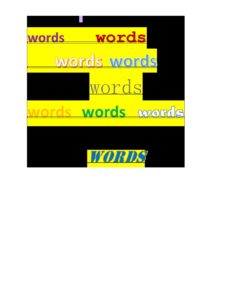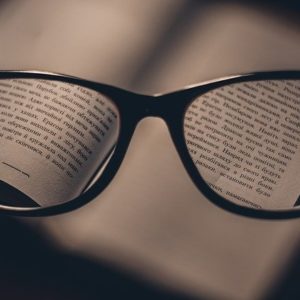
Entering into a Poem
Reading poetry is not like reading fiction. A good novel pulls me onward, makes me turn its pages, wondering what the protagonist will do next. A good poem does the opposite: makes me pause, draws me into itself and holds me there.







